The world's expectations that the new US president Donald Trump will change his views on international issues after taking office were clearly exaggerated. As it turned out, Trump as a candidate and Trump as a President aren't all that different, and the initiatives declared earlier are becoming into real presidential decrees.
The idea of building a wall along the border with Mexico has remained a priority in Donald Trump's vision the the US relations with its southern neighbor. The preparation for construction of the 3,200km wall is expected to be completed within 180 days. The first diplomatic scandal was not long in coming - the Mexican President Enrique Pena Nieto canceled a planned visit to Washington in protest. Probably, Trump's "tweet" that there is no sense for his Mexican colleague to come to Washington, if the Mexicans are not going to pay for the wall played its role. According to Trump's most conservative estimates, it will amount to about $12 billion. Trump, however, intends to "knock out" money from the Mexicans by any means - the "trade imbalance" between Mexico and the United States should help the new administration in Washington in it. In particular, the 20 per cent tax on imports from Mexico, according to the idea of the White House, would be an effective mechanism for achieving this goal.
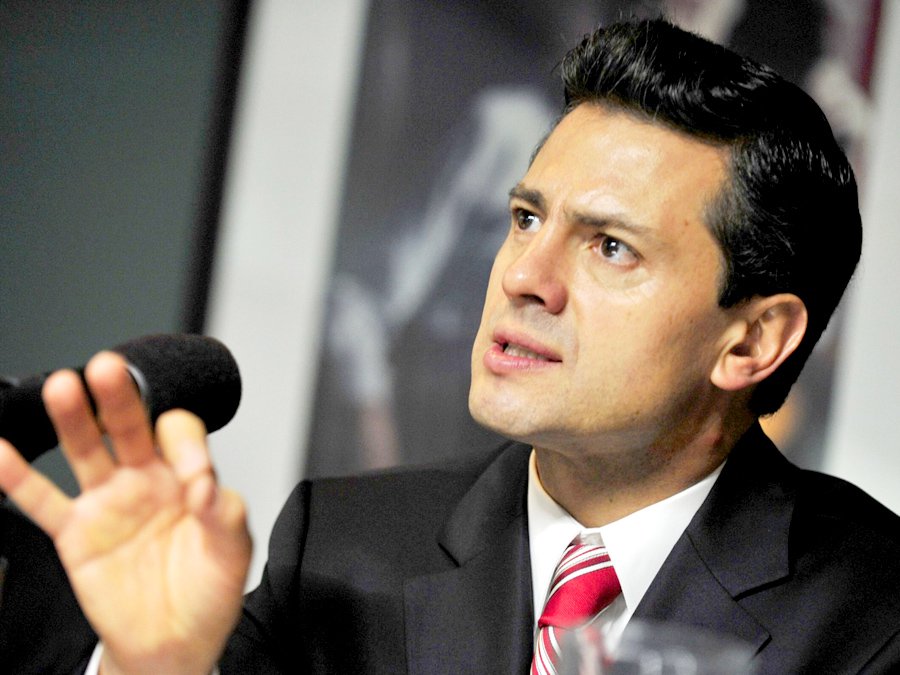
Enrique Pena Nieto
US President also said that the current agreement for the North American Free Trade Area (NAFTA) will be revised, since it is "a bad deal", and the Trans-Pacific and Transatlantic Trade and Investment Partnerships were pointedly withdrawn from the agenda. Trump urged such major automakers as Ford (GM), Toyota and BMW to abandon their plans to build plants in Mexico and expand production in the United States instead, otherwise threatening to impose a 35 percent tariff on their vehicles. If Ford agreed with this requirement fairly quickly, Toyota and BMW obviously do not intend to shift their production plans from Mexico.
The other side of the Atlantic is watching the situation in the US with a growing concern and deep disappointment. Trump's aggressive protectionism is keeping Europeans under extreme stress. Europe's main hope is that the US president will not be able to implement most of his threats because of strong opposition in the Congress. This opinion is shared by the President of the German Institute of Economic Studies Marcel Fratzscher.
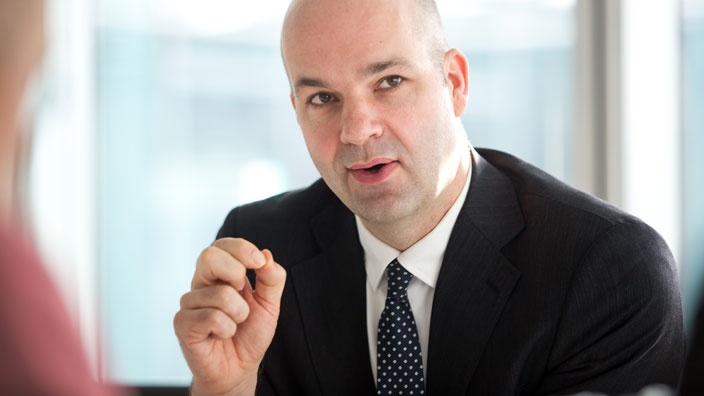
Marcel Fratzscher
"The US Congress, for the most part, supports free trade, they are set rather positively. We should just wait. I think that Donald Trump will announce many threats, but in reality he will be able to implement only a small part of them" the German economist says. According to Fratzscher, in this situation it is crucial to consolidate the European Union, which, however, is complicated by political uncertainty in Europe due to the upcoming elections in many European countries.
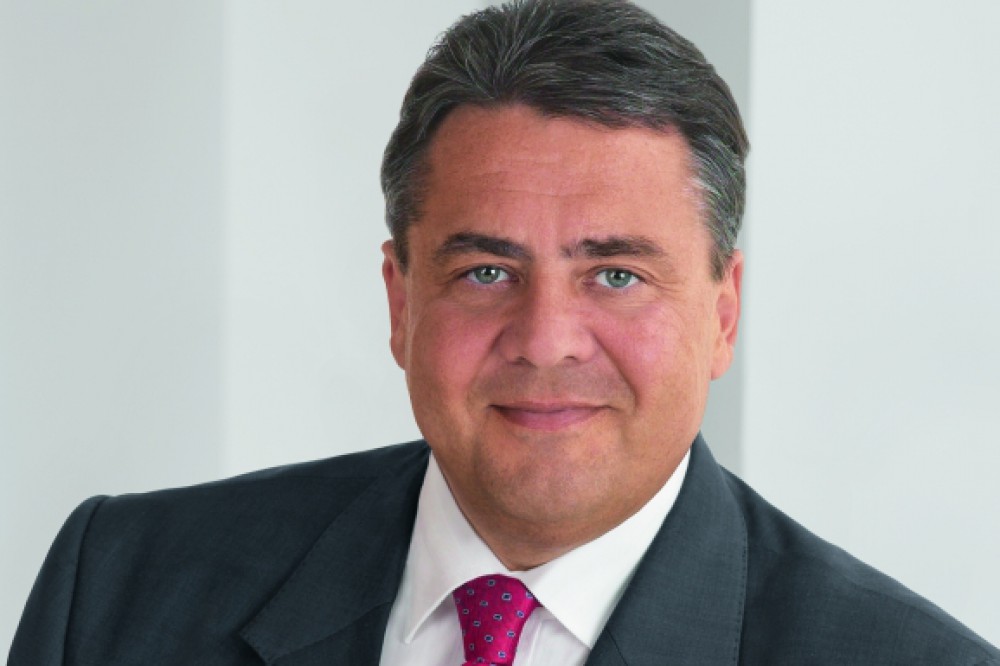
Sigmar Gabriel
Against the background of the turbulence in transatlantic relations in Germany, we are hearing more talk lately about the need to find an alternative to the US market. German Vice Chancellor and Economy Minister, Sigmar Gabriel, believes that in the current situation Europe should be more focused on the Asian market. It is worth noting that Germany's trade surplus against the United States amounts to 270 billion euro. Thus, the US is a very important export destination for Germany, accounting for more than 10% of all German exports.
"The idea to get Asia as a partner is valid. It is necessary to make it clear to the Americans that if they want to rekindle a trade dispute, then they will have to deal not only with Europe, but perhaps with Europe and Asia. It is a good strategy. And I am quite optimistic about the German economy, as German companies are globally well diversified, widely branched, and will, of course, focus on Asia. And certainly there will be a chance to get free trade, particularly with China," the President of the German Institute of Economic Studies believes. At the same time, China should become less protectionist and follow the general rules. "It is still a huge problem for the German companies, which are active in China," Fratzscher notes.
The leader of Conservative European People's Party fraction in the European Parliament, Manfred Weber, proposed to counter Trump's slogan "America first" with the same European slogan "Europe first". Another German MEP Michael Theurer offers the EU to occupy global market niches, which are being vacated as a result of Trump's isolationist policy. "If the EU is negotiating with Japan, Australia and New Zealand on the bilateral trade agreements, we can think of Pacific cooperation as well. The EU must test the possibility of replacing the US role in the Trans-Pacific Partnership," the politician says.
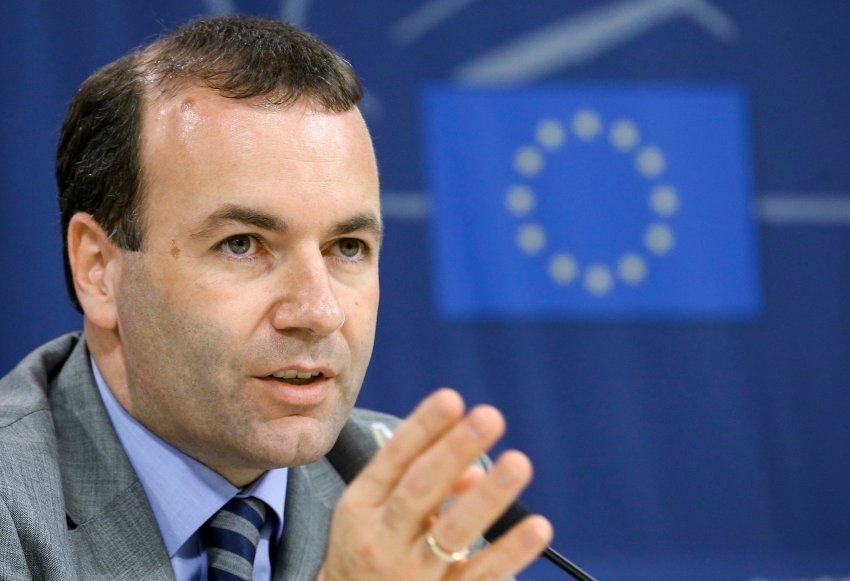
Manfred Weber
In recent days, there is a frequently occurring idea in the German information space that Europe should use Donald Trump's presidency as an impulse to the internal consolidation, which would enable it to become a full-fledged geopolitical player, defending its own sovereign interests. However, it requires serious efforts from Europeans, which are torn apart by internal conflicts, the economic problems in some countries, the migration crisis and the rise of extreme right-wing parties. The presidential elections in France, the first round of which will take place on April 23, will be the first major test.
The conservative candidate Francois Fillon, which has been considered a favorite in the race, received the first hard information blow - he was accused in the fact that his wife Penelope Fillon has been listed as an assistant to her husband for 10 years, which allowed the family couple to earn about 500 thousand euros. It is clear that as we approach the elections, the traditional war of compromising materials will break out in France, and it is unclear who will win it. If Fillon's election rival, the leader of the National Front Marine Le Pen wins, the idea of European unity will suffer a blow, from which it may not recover. "The current political situation requires decisive and necessary actions from Berlin as a strong partner to conserve and enhance Europe's cohesion, in order to maintain the values and principles important for us during Donald Trump's presidency," the expert of the German Council on Foreign Relations, Daniela Schwarzer, believes.
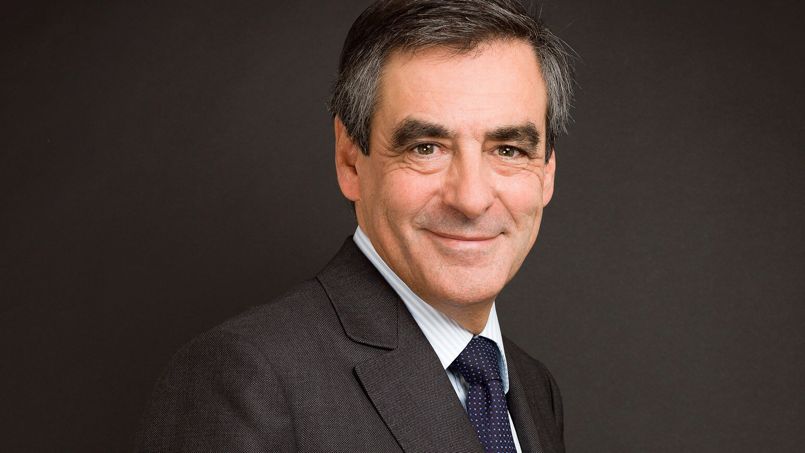
Francois Fillon
During Trump's presidency, who is standing up for the restoration of secret prisons, tortures of prisoners during interrogations, a total ban of migrants from a number of Muslim countries, Europe can take over the role of a moral leader of the democratic world, which is used to play by the United States. According to Spiegel Online, such authoritative American newspapers as the New York Times call Germany "the last bastion of a free democracy." The British expert on Germany Anthony Glees believes: "The German hegemony in Europe is a fact. But, fortunately, for historical reasons, Germany is the last country which can be washed by a wave of populism". Germany must necessarily defend the EU - "the largest world market." "For this purpose, Germany should be able to realize its goals through democracy, which will take on a lot more responsibility - including matters of physical security of Europe. Pacifism, which is strongly rooted in the German policy, could become a problem. However, the "Greens" and the Socialists must ask themselves what they would prefer in an imperfect world: the rise of the Right or Europe's success," the newspaper cited Glees as saying.
After Donald Trump's rise to power, with his pointed dismissive attitude to the allied relations with the old continent, "the era of comfort" came to an end for Europe. In addition to solving the existing problems in the European Union, German, the EU's economic and political leader, gets new objectives: to strengthen itself militarily and politically and become a guarantor of security for European allies. The well-known in Germany joke that the Bundeswehr is an army, which in the case of attack needs to hold on for a couple of days until the real army will come (the US)," does not seem so funny for many in Germany in the current situation. Because the "real army" may not come tomorrow.






